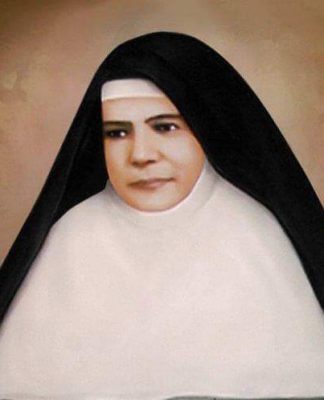April 12, 2016, 9:46p.m. – AFTER MORE than a decade of numerous revisions, the UST Students’ Code is still far from becoming a reality.
The code, which contains provisions on academic rights, freedom of expression, the right to information, participation in policymaking, the right to organize and the right to due process, among others, still has to secure the nod of the faculty, the Council of Regents, and the Academic Senate before it can be submitted to the Office of the Rector for approval. The code also has to be submitted to a student plebiscite.
Outgoing Central Student Council (CSC) President Anna Mariz Mangalili said work on the code was turned over “smoothly” by her predecessor Ina Vergara.
The approval of UST administrative offices, however, is taking time. But Mangalili said it was important to secure their nod because they would also be affected by the code. “These offices represent the other stakeholders of the [University] na affected din ng content ng [Students’ Code],” Mangalili said in a Facebook message.
Last academic year, the draft reached the desk of Rector Fr. Herminio Dagohoy, O.P. after numerous revisions specifically in Article II, which focuses on the “academic rights of students.” Further revisions were sought by the Office of the Vice Rector for Academic Affairs (OVRAA) after the CSC made a courtesy call last Feb. 24.
According to Central Board Speaker and Faculty of Arts and Letters Student Council President Jan Dominic Castro, the revisions did not affect substance of the code, but the technical terms used, such as the proper use of the term “professor.”
The Central Board, composed of local student council presidents, was supposed to conduct a meeting to discuss the revisions, after which the council would again present the code to the OVRAA and the deans of different faculties and colleges.
Even if time is running out, Castro and Mangalili are determined to bring the code to the students for a referendum.
“I cannot say kung kaya ba ipasa since hindi lang naman kami ang nagdedecide or nagwowork para maipasa ito (Students’ Code). [We will] do our best para umabot hanggang referendum or if possible, maipasa na [ang Students Code],” Mangalili said.
Should the Students’ Code fail to pass anew, the incoming CSC officers should ensure proper documentation of the revision process, Castro said. The lack of a paper trail was the reason the code was “stagnant” in the previous CSC administrations.
“What was lacking was the paper trail from the previous administrations. We should document it,” Castro added.
‘Passage depends on CSC’
In an email to the Varsitarian, Vice Rector for Academic Affairs Clarita Carillo said her office had cooperated with the CSC by conducting meetings with University administrators to discuss the draft of the code.
“[The passage of the Students’ Code] depends on the CSC, how determined, diligent, and persistent they are, how well they have been coordinating with all the concerned administrative offices,” she said.
Carillo said she sent her proposed revisions to the CSC through email last March 15, summarizing the discussions and clarifications made during previous meetings.
The concerns raised by her office refer to course requirements, make-up classes, grade computation, the expression of research findings, and qualifications of thesis advisers.
Clamor from students
Castro and Mangalili urged Thomasians to study the proposed Students’ Code and encouraged colleges to have their own Students’ Rights and Welfare Week, an annual event in the University focusing on the rights of the students.
Castro said the clamor for the code’s approval should come from the Thomasians, not only from the CSC.
“The Students’ Code greatly affects their rights as students so we really need to hear the voice of the students to know if `yung nagawa naming Students’ Code is really in favor of them,” he said.
Mangalili pointed out that the council had received confidential reports of violations of students’ rights, highlighting the need for a Students’ Code.
“After naming maincorporate ang mga hinihinging revisions ni Dr. Carillo, ire-release agad namin yung copy ng draft through local student councils and [through] social media,” she said.
The proposed Students’ Code was previously called the Magna Carta of UST Students, and was first drafted in 2004. Roy Abrahmn D.R. Narra















